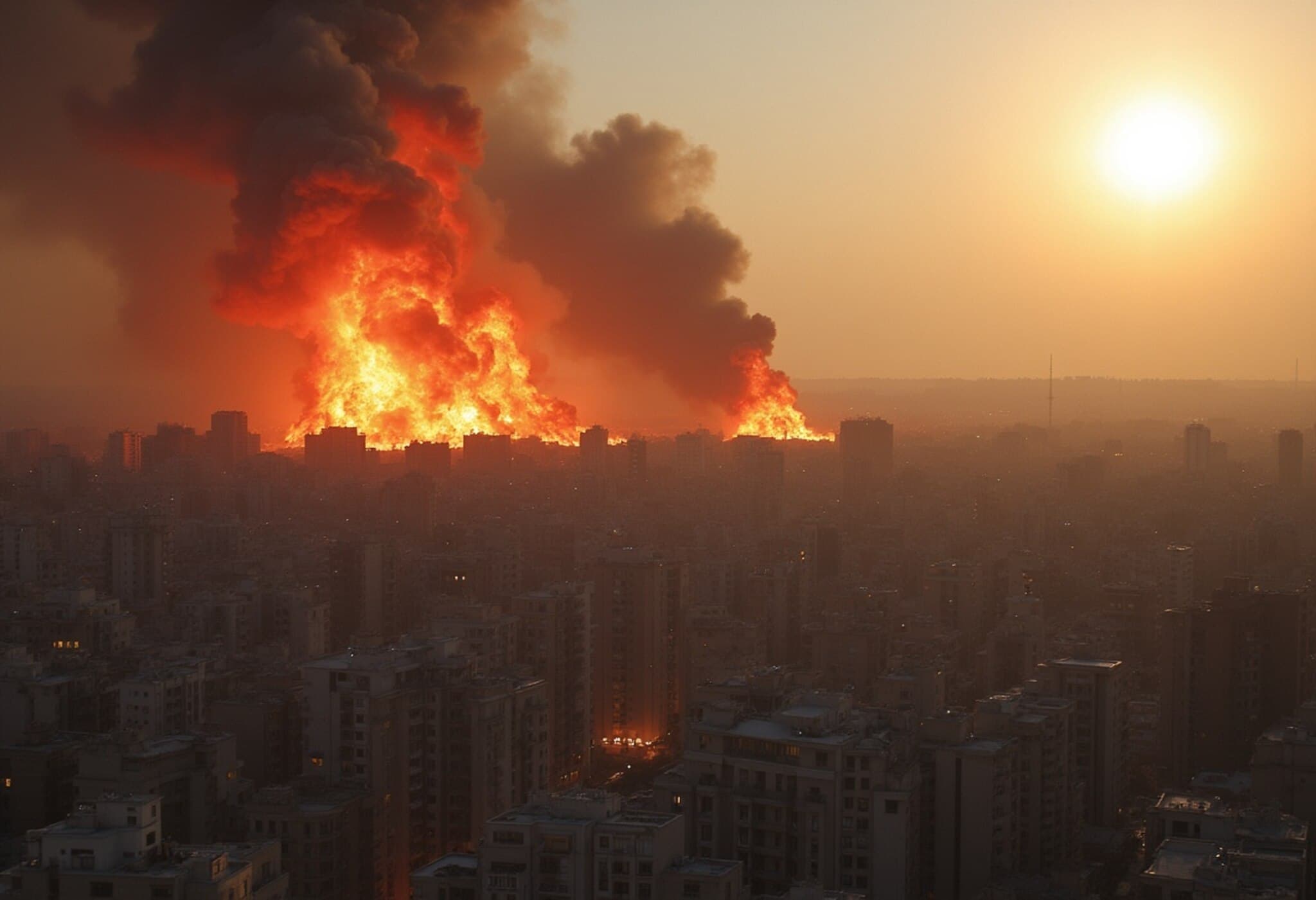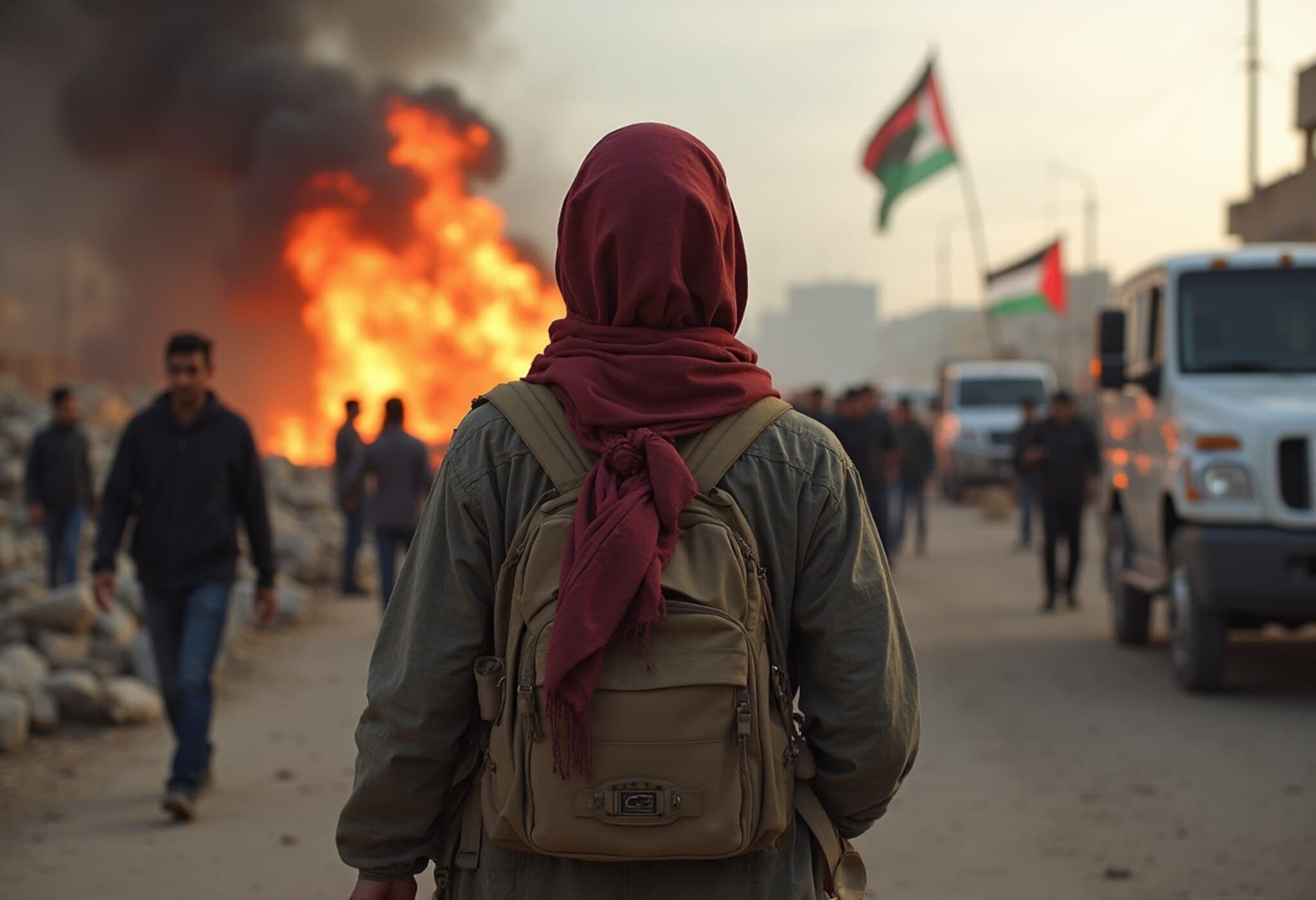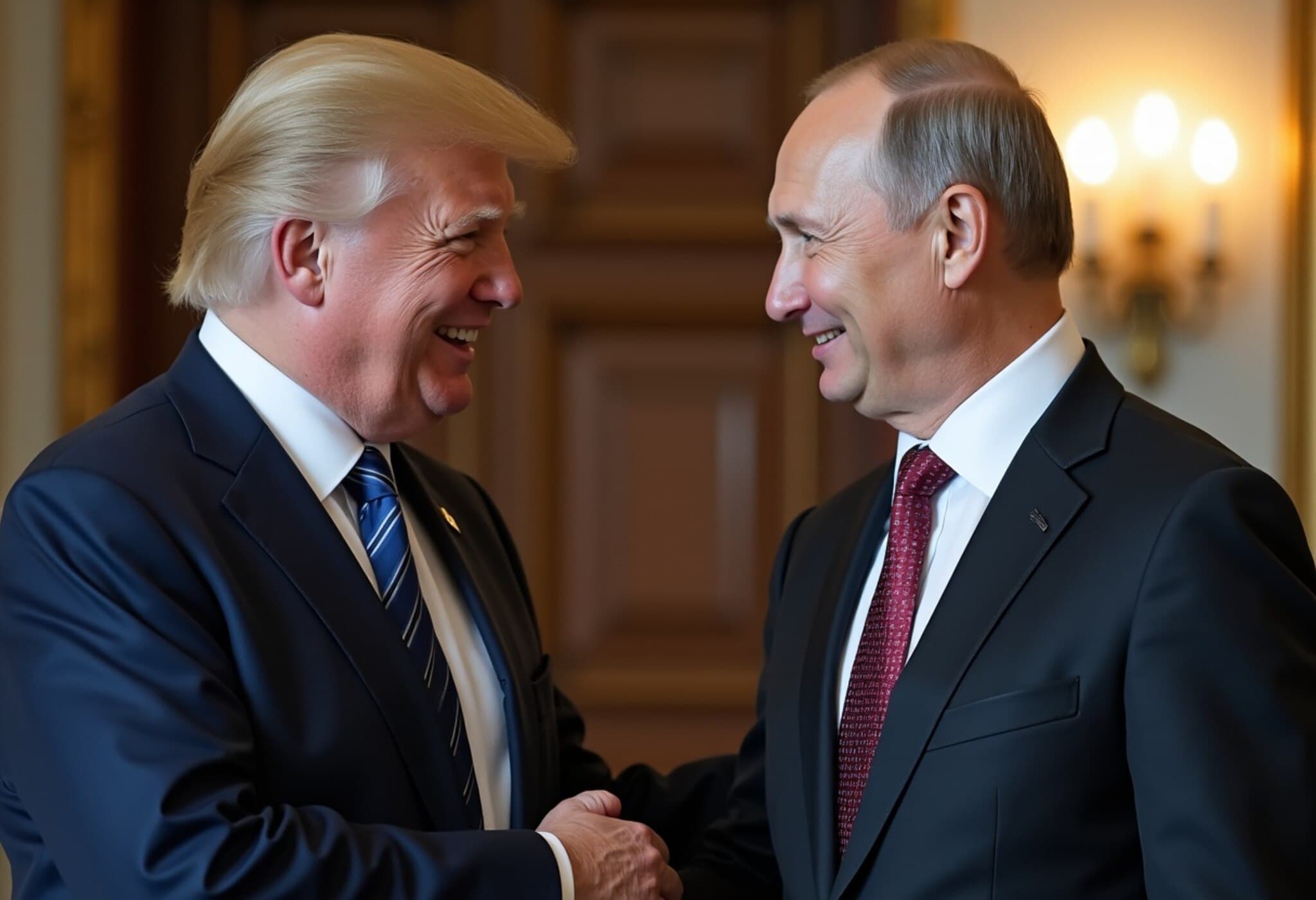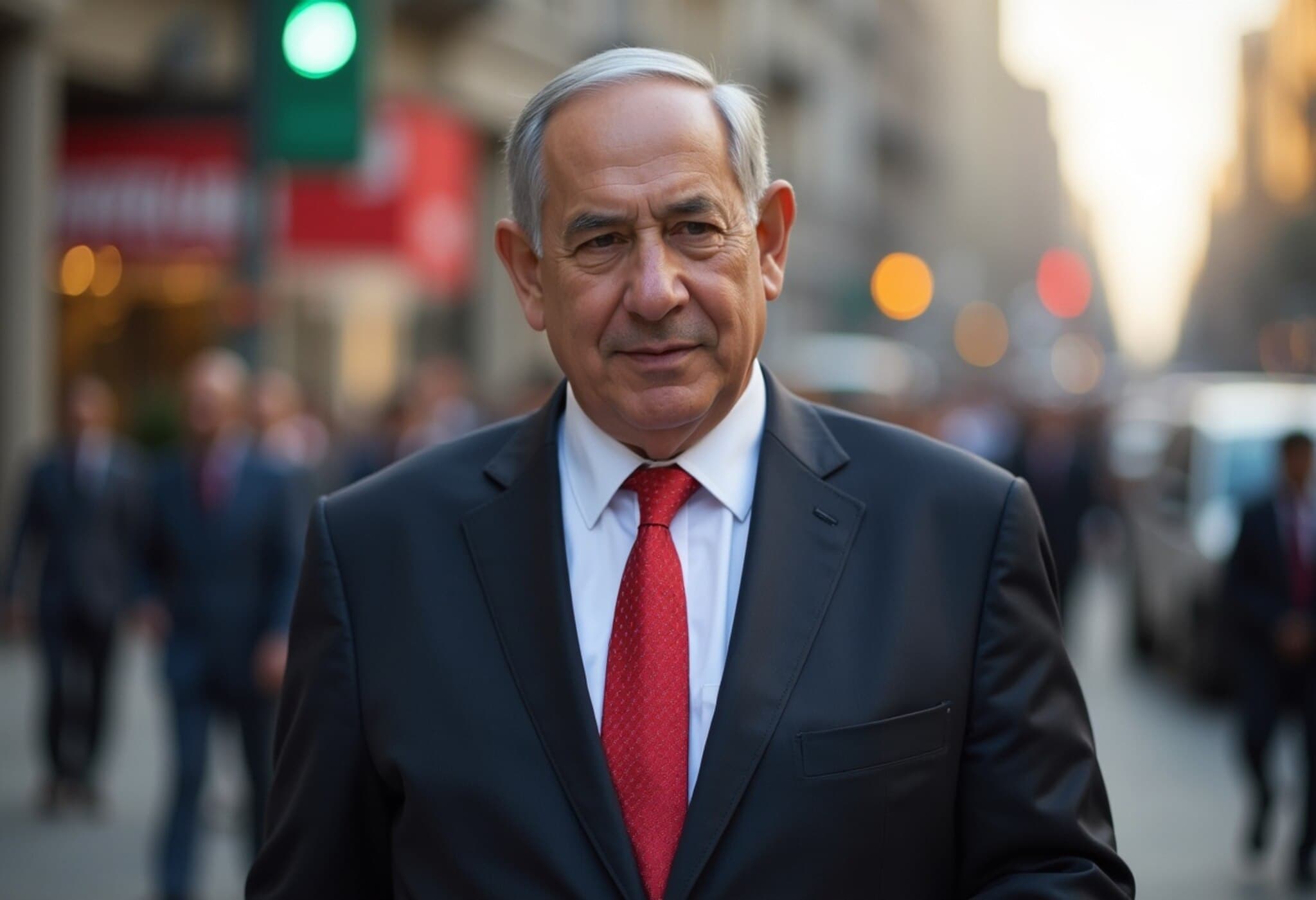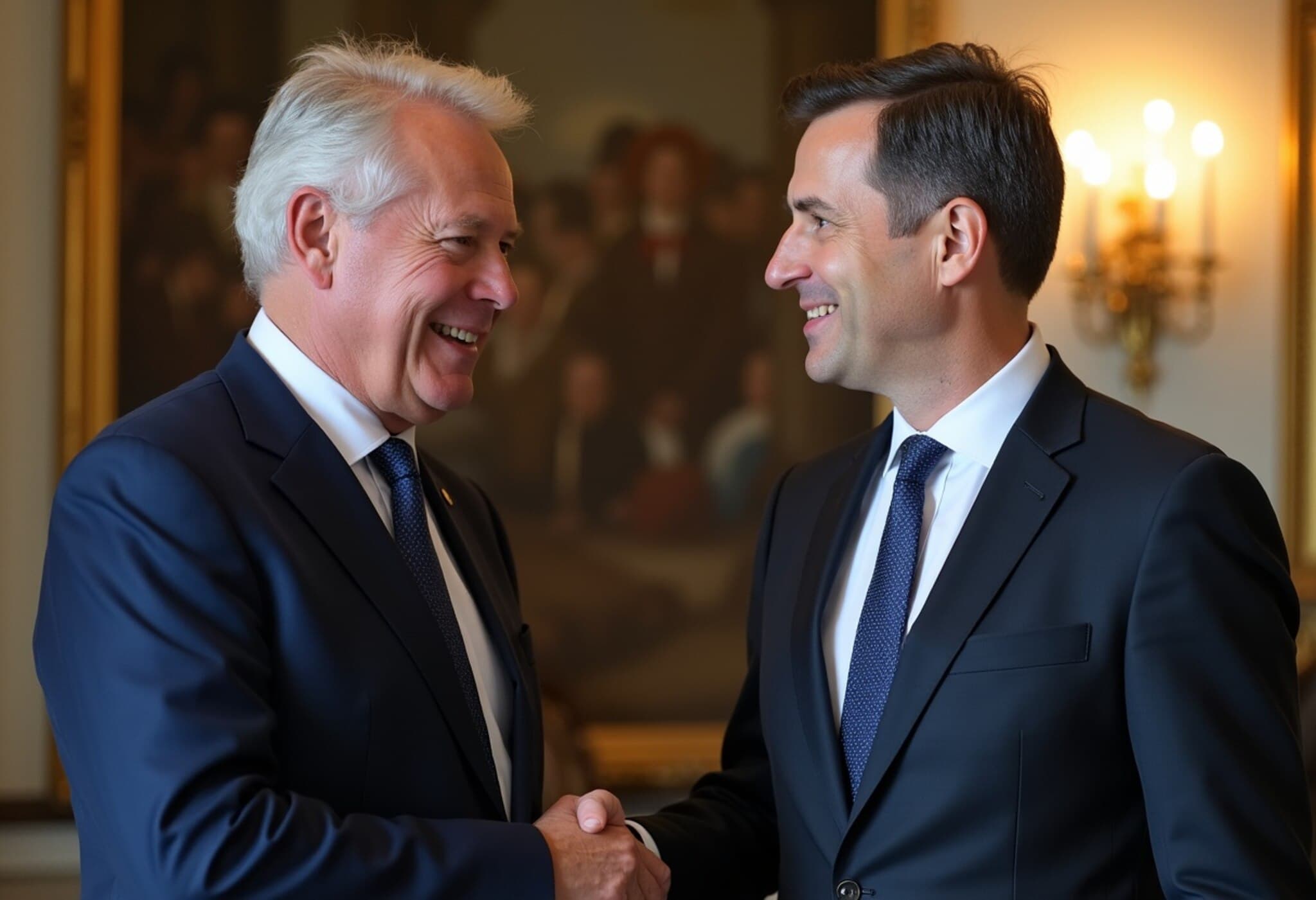Global Outcry Grows Over Israel’s Gaza City Control Strategy
Israel’s recent military strategy to assert control over Gaza City has sparked widespread condemnation and urgent calls for restraint from governments and international organizations globally. Prime Minister Benjamin Netanyahu, during an interview with Fox News, emphasized that the objective is to eliminate Hamas's influence and ultimately hand governance back to a civilian body that does not advocate Israel’s destruction.
“We don’t want to keep it. We want to have a security perimeter. We don’t want to govern it,” Netanyahu clarified, underscoring a temporary security-driven intent rather than occupation.
Hamas’s Accusations and the Hostage Crisis
In sharp rebuttal, Hamas accused Netanyahu of deliberately sabotaging any chance at ceasefire talks, alleging he prioritizes a military solution aimed at sacrificing hostages to serve political objectives. This accusation intensifies the already volatile atmosphere surrounding the ongoing conflict, highlighting the human cost entwined with geopolitical stakes.
International Reactions: Calls for Ceasefire and Humanitarian Access
United Nations: A Plea for Immediate Peace
UN Human Rights Chief Volker Türk issued a stark warning that the conflict must end immediately to avoid further devastating consequences. He emphasized that any escalation will inevitably cause mass forced displacement, increased casualties, and more widespread destruction, potentially constituting grave violations of human rights.
Europe Takes a Firm Stance
European Commission President Ursula von der Leyen used social media to demand reconsideration of Israel’s decision. She called for an immediate ceasefire, the unconditional release of hostages held under inhumane conditions, and unobstructed humanitarian aid delivery to Gaza.
“The Israeli government’s decision to further extend its military operation in Gaza must be reconsidered. At the same time, there must be the release of all hostages, who are being held in inhumane conditions. And humanitarian aid must be given immediate and unhindered access.”
— Ursula von der Leyen (@vonderleyen)
In a significant policy move, German Chancellor Friedrich Merz announced that Berlin will halt approval of military equipment exports potentially applicable in Gaza operations. He expressed skepticism about the feasibility of Israel’s stated goals — disarming Hamas and securing hostage release — under the present approach.
Denmark and the Netherlands echoed calls to reverse the offensive escalation, underscoring the risk that further conflict could deepen humanitarian suffering without resolving the hostage situation.
Middle Eastern and Asia-Pacific Perspectives
Saudi Arabia issued a categorical condemnation of any Israeli attempt to seize control of Gaza, denouncing “starvation” and other brutal tactics against Palestinians. Similarly, Turkey urged the international community to intervene, highlighting concerns about forced displacement and the violation of Palestinian rights.
China reaffirmed its position that Gaza belongs to the Palestinian people, pressing for an immediate ceasefire. Australia’s Foreign Minister Penny Wong expressed apprehension over the escalating humanitarian crisis, warning the situation could exacerbate violence and contravene international law due to forced population displacement.
United Kingdom and Northern Europe Echo Calls for Diplomacy
UK Prime Minister Sir Keir Starmer labeled the offensive escalation “wrong” and pleaded for a reconsideration, pointing out that the action would only lead to more bloodshed without advancing conflict resolution or hostage release negotiations.
“The Israeli Government’s decision to further escalate its offensive in Gaza is wrong, and we urge it to reconsider immediately. Every day the humanitarian crisis in Gaza worsens and hostages taken by Hamas are being held in appalling and inhuman conditions. We need a ceasefire…”
— Keir Starmer (@Keir_Starmer)
Similarly, Finland’s Foreign Minister Elina Valtonen stressed hopes for a swift ceasefire and safe recovery of hostages.
Expert Analysis: The Complex Path Ahead
From a policy perspective, Netanyahu’s announcement reflects the longstanding Israeli dilemma: balancing military objectives with international legal and humanitarian constraints. The international community’s response highlights the growing geopolitical complexities where military actions in Gaza reverberate globally, influencing diplomatic relations, defense policies, and humanitarian strategies.
Key questions persist:
- Can Israel achieve its security goals without exacerbating the humanitarian disaster?
- How will the global community effectively pressure for hostage safety amid military escalations?
- What long-term governance structures might emerge in Gaza post-conflict that align with regional stability and human rights?
The German export ban also signals a cautious shift among allies, reflecting deeper unease about the conflict's trajectory and its wider implications for international arms trade ethics.
Looking Forward: Balancing Security and Humanity
The volatile situation in Gaza remains a poignant reminder that military strategy cannot be disentangled from its profound human impact. As diplomatic efforts strive to pivot from confrontation to dialogue, the urgency for humanitarian access and protection of civilians is paramount.
Editor's Note
This international backlash against Israel’s Gaza offensive underscores a critical crossroads: pursuing security imperatives amid intense humanitarian scrutiny. Readers are encouraged to consider how evolving geopolitical alliances and international law intersect in conflict zones like Gaza — and what roles global actors must play in fostering both peace and justice. Continued monitoring is essential as the situation unfolds, with attention to both on-the-ground realities and broader policy ramifications.


